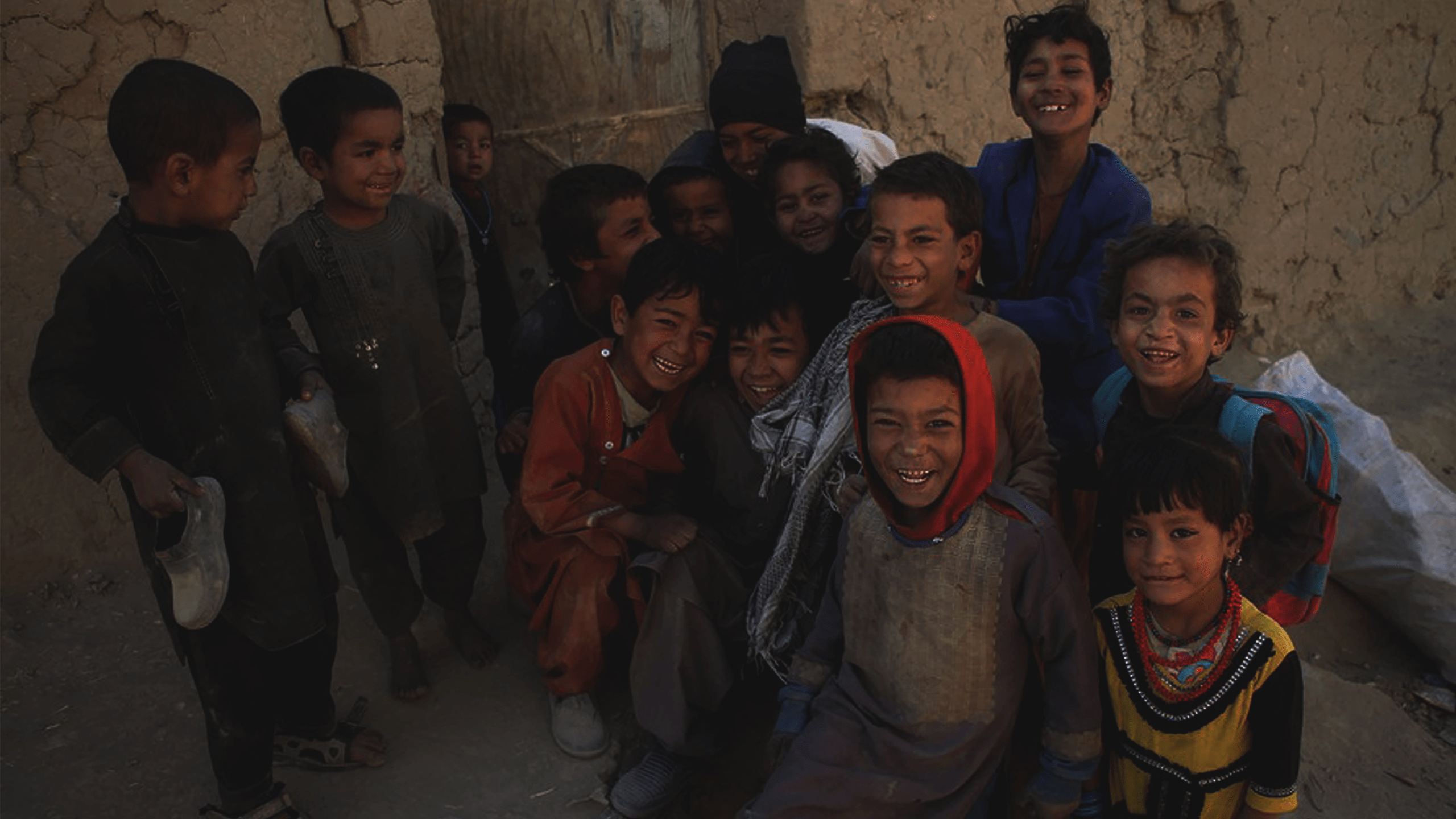
Healing Young Minds: Psychosocial Support Program for Children in Afghanistan
Descriptions:
Afghanistan has been entrenched in conflict for over four decades, with children disproportionately bearing the brunt of the violence. The effects of war, such as displacement, loss of family members, exposure to violence, and destruction of homes and schools, have left millions of Afghan children traumatized. An estimated 4.2 million children are in need of psychosocial support. However, access to mental health services remains extremely limited due to ongoing instability, cultural stigma, and underdeveloped health infrastructure. The situation is exacerbated by a lack of trained mental health professionals and child protection workers. This psychosocial support program aims to address these urgent needs and foster resilience and healing among conflict-affected children. The Psychosocial Support Projects for Children in Afghanistan addresses the critical need for mental health and emotional well-being services for children affected by conflict, poverty, and instability. Afghanistan's long-standing conflict and socio-economic challenges have left many children traumatized and struggling with mental health issues. This program aims to provide comprehensive support to help children cope with their experiences and develop resilience. By focusing on the psychosocial needs of children, the program seeks to create a foundation for healing and a brighter future. The projects offers a range of services designed to support children's emotional and psychological needs. These services typically include counseling and therapy, both individual and group-based, to help children process their experiences and develop coping strategies. Educational activities are also integrated, such as art therapy and play therapy, which provide children with creative outlets to express their feelings. Additionally, the program often includes parent and caregiver support, recognizing the critical role that family dynamics play in a child’s mental health and well-being. One key aspect of the project is community involvement. Engaging local communities in the support process ensures that the interventions are culturally sensitive and relevant. Community-based support networks, including schools, religious organizations, and local leaders, play a crucial role in identifying children in need and facilitating access to services. This community-centric approach helps to build trust and encourages the integration of psychosocial support into the broader community fabric, making it more sustainable and effective. The project also addresses systemic challenges that impact children’s mental health. These challenges include limited access to mental health professionals, inadequate infrastructure, and ongoing security concerns. To overcome these barriers, the program often involves training local staff and volunteers in basic psychosocial support techniques, ensuring that even in remote or underserved areas, children can receive the help they need. Additionally, advocacy and policy work are integral to the program, aiming to improve mental health services and support at the national level. Ultimately, the Psychosocial Support Project for Children in Afghanistan aims to foster long-term recovery and development. By addressing the immediate emotional needs of children and providing them with tools to manage their mental health, the program contributes to their overall well-being and future potential. Supporting children’s mental health not only helps them recover from trauma but also enhances their ability to engage in education and community activities, thereby contributing to a more resilient and hopeful future for Afghanistan’s next generation.